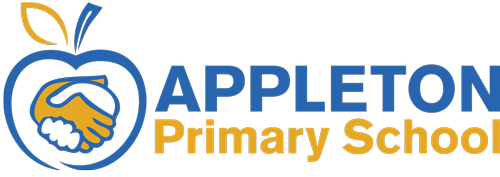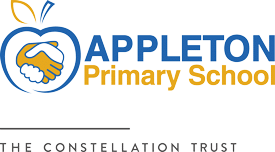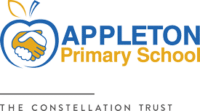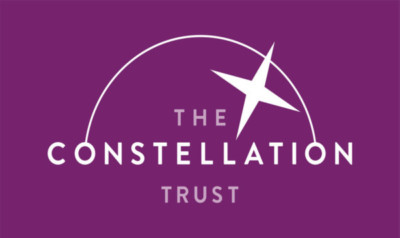Foundation Stage – Curriculum
We follow the Statutory Framework from the Department for Education with the Early Years Foundation Stage framework, drawing on Development Matters.
In the Early Years Foundation Stage children learn best when they experience learning first hand, through meaningful interactions with others, through physical activity and through play. Our Early Years practice is based on on-going observation, play and assessment of the children and their interests and needs.
The steps to enable children to develop:
We aim to include the following areas within the Nursery and Reception classrooms.
The outside area extends this to give more opportunities for learning on a greater scale using the natural world and the space that that provides.
The local community is also a great draw, as we use the experiences of the children, families and the wider world to extend the knowledge, vocabulary and interests of the young children.
Through all of our strands we aim to develop the children as they Play and Explore, be an Active Learner and to have Creative and Critical Thinking.
The staff are constantly, playing with, sharing and modelling which leads to observing and assessing the children in their everyday activities, play and through more focused work. This then informs us of the next steps and practise that the children need and we use the interests of the children to engage and extend as well as following our termly curriculum goals.
We teach daily phonics through the systematic, synthetic scheme of Read, Write Inc and have an emphasis on decoding as well as the love of a great story.
In the Autumn term, our starting theme will be Once Upon a Time …as we look at traditional tales as well as non-fiction books around the classroom. We have a focus on repetition, developing vocabulary, singing and enjoyment. We will be doing lots of role play, talking and mark making.
Books planned to be used are The Three Little Pigs, Goldilocks, The Three Billy Goat’s Gruff, Room on the Broom and The Enormous Turnip. We will also be following the interests of the children to support reading and writing in continuous provision. There is a rolling programme of nursery rhymes and poetry to ensure broad coverage throughout the year, building on previous experience.
Termly Curriculum Plans
*Want to help your child at home?
Please see below for useful guidance and links:

“The school have been fantastic at supporting my child.”




